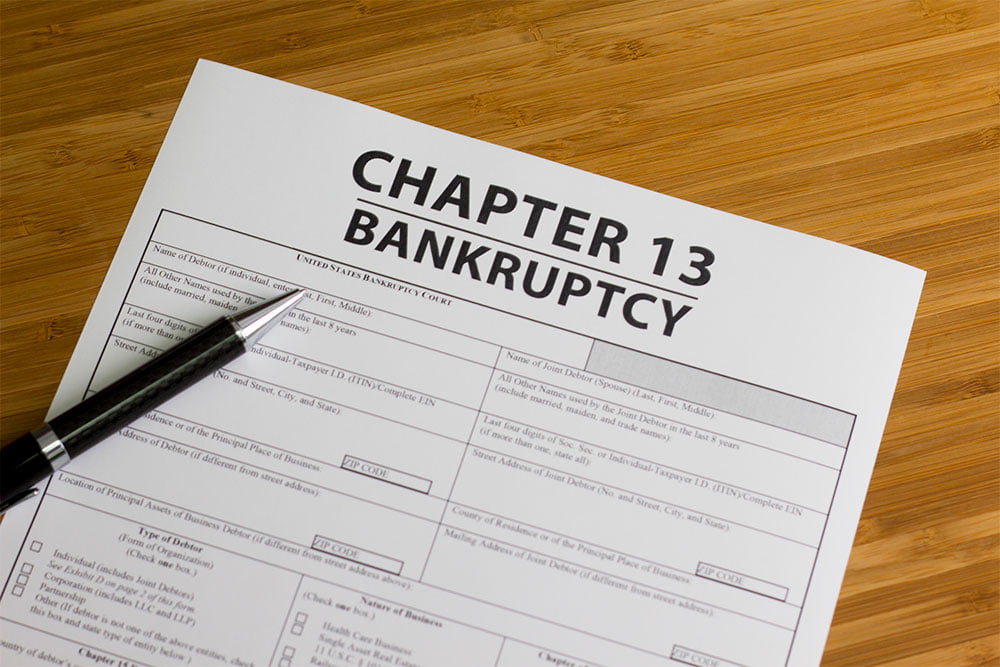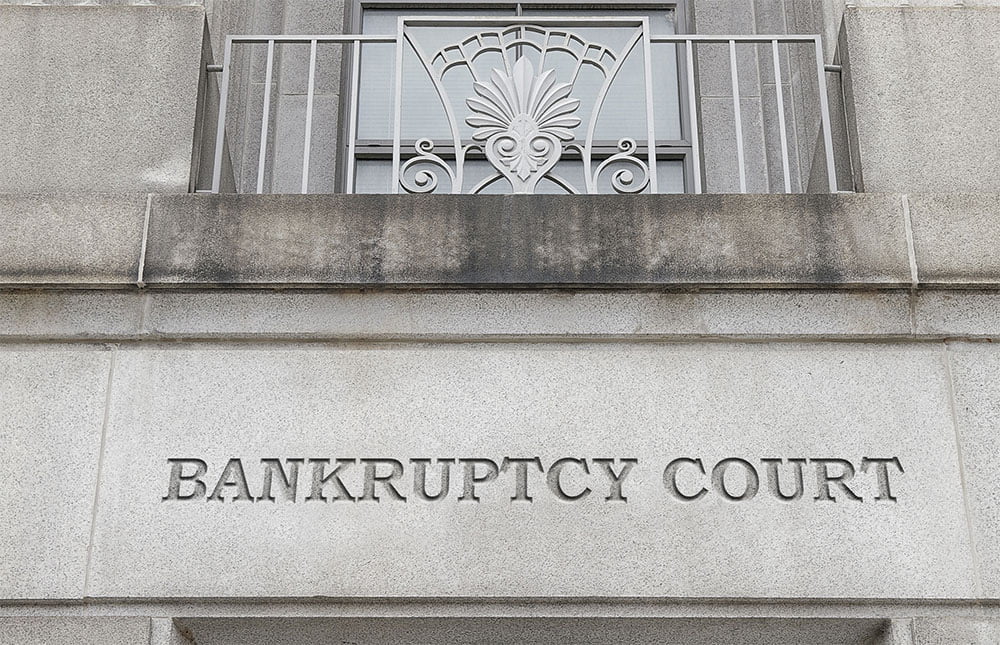
by Lori Newman | Apr 28, 2016 | Bankruptcy
Most individuals are not aware that taxes can be discharged in bankruptcy. In fact, many of my clients have filed bankruptcy for the sole purpose of discharging tax liabilities. Either through a chapter 7 or a chapter 13, most old tax debt can either be...

by Lori Newman | Feb 23, 2016 | Bankruptcy
There are typically 2 types of bankruptcies an individual can file. The first and most common is a chapter 7 bankruptcy, which typically only lasts 4 months. The other option is a chapter 13. A chapter 13 bankruptcy can last 3-5 years, depending on a few factors. It...

by Lori Newman | Feb 10, 2016 | Bankruptcy
I often get asked about student loans and bankruptcy. Can the student loans be discharged in a chapter 7 or a chapter 13 bankruptcy? The answer may surprise you. They can be discharged in a chapter 7 but the debtor has a very heavy burden to proof that the student...

by Lori Newman | Jan 6, 2016 | Bankruptcy
The last three years have brought great changes to the Georgia Bankruptcy exemptions. Bankruptcy exemptions provide an amount that an individual can keep/protect when he or she files for bankruptcy protection. If he or she exceeds the amount that can be protected,...

by Lori Newman | Feb 6, 2013 | Bankruptcy
When an individual files for Chapter 7 bankruptcy and they want to keep certain debts, such as a house or car, they can typically do so by choosing to reaffirm the debt with the creditor. A properly filed reaffirmation agreement is the usually the only way a debt will...













